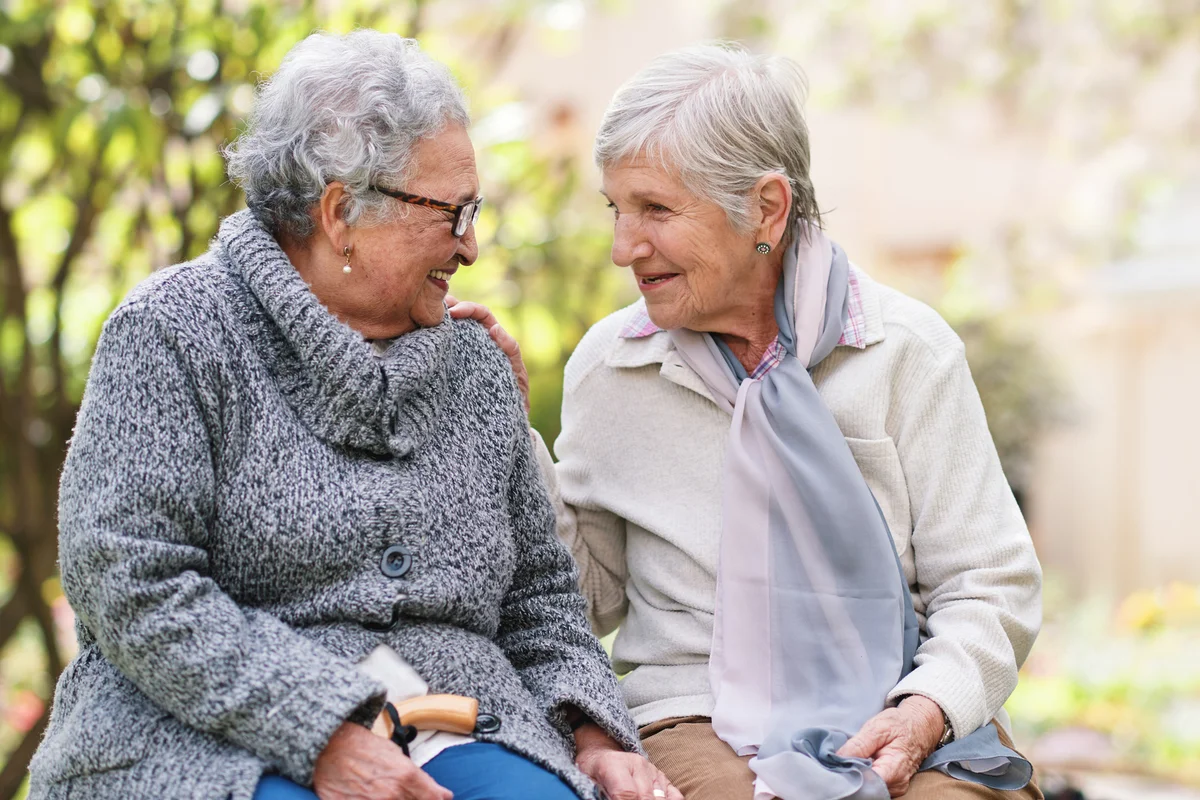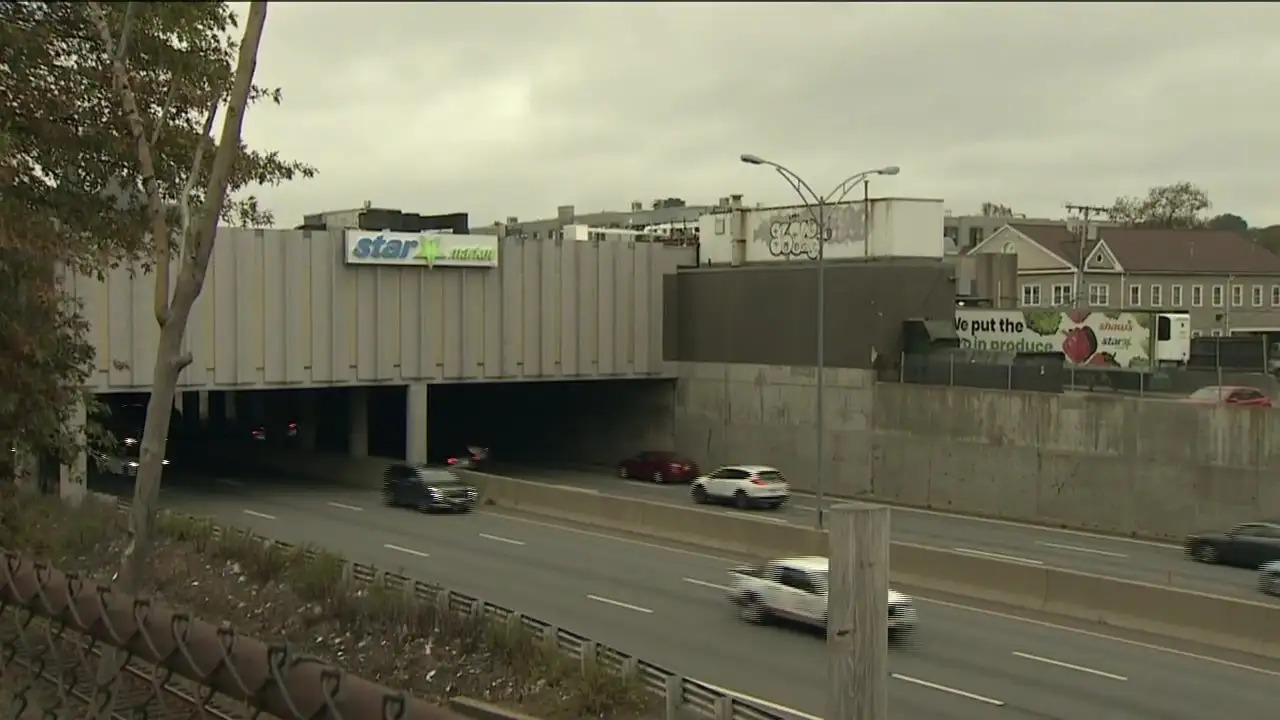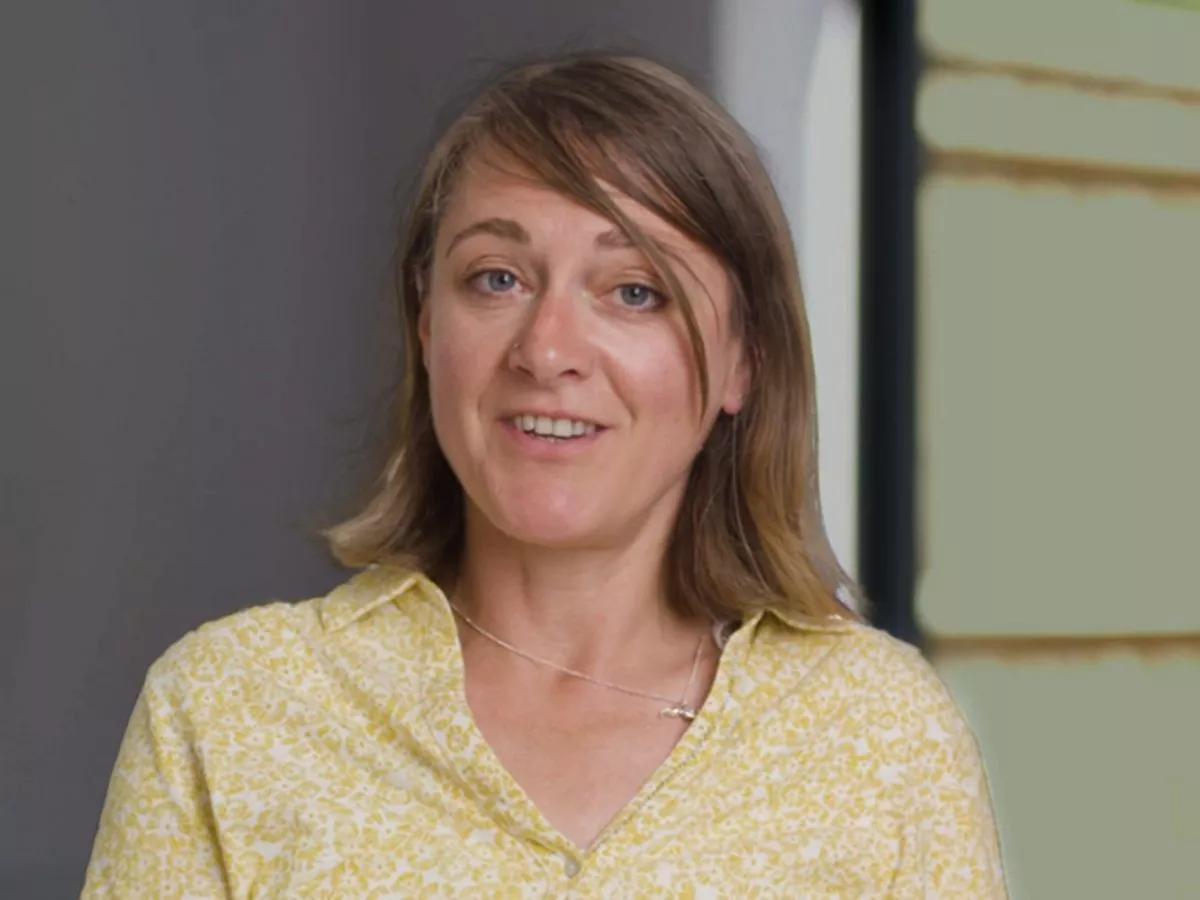Copyright independent

The dream of a fulfilling retirement, marked by new interests and active pursuits, is increasingly out of reach for many Britons as the cost of living crisis bites. A new report from Scottish Widows reveals a stark reality: nearly two in five people (39 per cent) face the prospect of being unable to cover even their basic needs in later life. This alarming figure marks an increase from 35 per cent just last year, underscoring a worsening financial outlook for retirees. The findings, developed in partnership with Frontier Economics, are based on a comprehensive YouGov survey of over 5,100 UK adults conducted earlier this year. The report highlights that those on low to middle incomes and individuals under the age of 40 are particularly vulnerable to significant financial shortfalls during their retirement years. In light of this report, Caroline Abrahams, charity director at Age UK, said: “Whatever you may think about ageing and retirement, it’s something we can embrace rather than fear. “The cost of living and rising cost of energy and food bills mean we all have less finances available for doing the things we really enjoy, but there are things we can do that are relatively low cost to keep us socially engaged and maintain our mental and physical health.” In a time when pension savings often struggle to keep up with inflation, Abrahams and Age UK have come up with seven affordable ways to enhance your retirement lifestyle – supporting both your mental wellbeing and physical health without breaking the bank. “Walking groups and walking sports like football and tennis are excellent ways to stay active,” says Abrahams. “Activities that get you outside are best for mental health as nature can help decrease your anxiety levels and can help lessen stress. “Physical activities can improve cardiovascular health, balance, and flexibility. Additionally, these activities provide social interaction, which can reduce feelings of isolation. Many local Age UKs offer groups like these.” “Engaging in creative pursuits such as book clubs, painting, drawing, crafts, knitting, or photography stimulates the brain and enhances fine motor skills,” says Abrahams. “These activities also offer a sense of accomplishment and opportunities for socialising.” Bond with like-minded individuals over a cup of coffee. “Regular social gatherings like coffee mornings or friendship clubs provide a platform to build new relationships,” says Abrahams. “Social engagement is crucial for mental wellbeing and can help prevent depression and cognitive decline.” Find your inner yogi at a local yoga class. “Gentle strengthening exercises like Tai Chi, yoga, and seated exercises improve flexibility, balance, and strength,” explains Abrahams. “They are highly beneficial for older adults as they help maintain muscle mass, improve bone density, and enhance overall physical function, preventing falls. “They also promote relaxation and mental clarity.” Joining a community garden is a great way to get outdoors and meet new people – plus it also provides a good workout! “Volunteering at a community garden gives access to fresh, healthy food, improved mental and physical health, increased social interaction, and environmental benefits. As well as the physical and mental health benefits, it can enhance social engagement and give a sense of purpose,” says Abrahams. “Gardening tasks like digging, planting, and weeding are gentle forms of exercise that can improve strength, flexibility, and balance.” “Activities like crosswords, Sudoku, or memory games keep the mind sharp,” says Abrahams. “They also offer a fun and rewarding way to challenge oneself.” “Find out whether there are any free local museums and galleries to visit and go and explore local history,” recommends Abrahams. “For more information or to find activities in your area, you can contact your local Age UK directly. “They offer a range of services and can guide you to local opportunities.”



